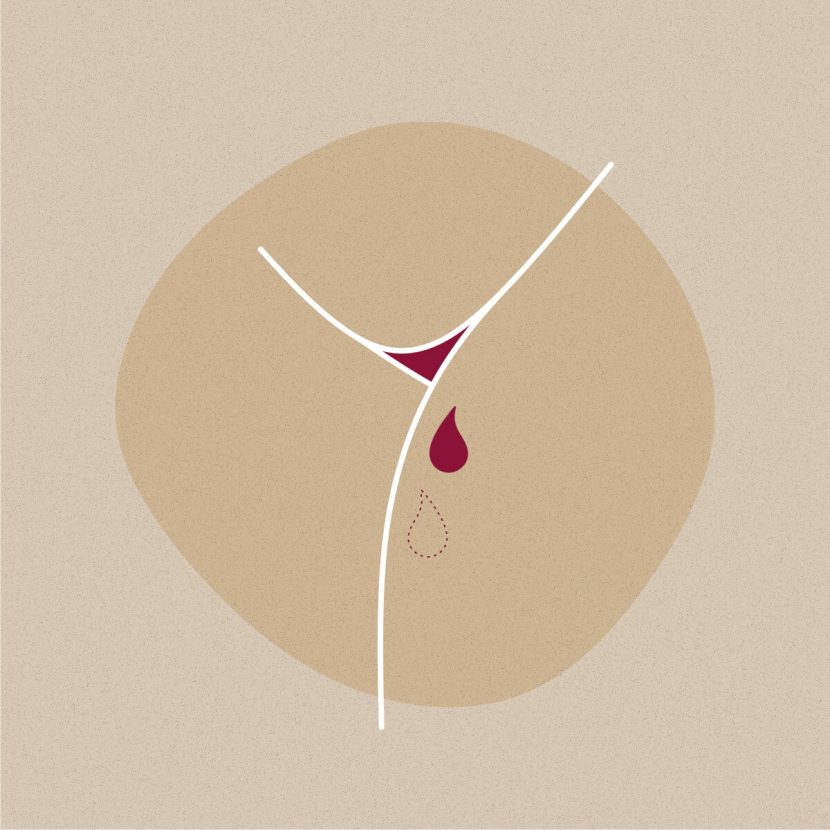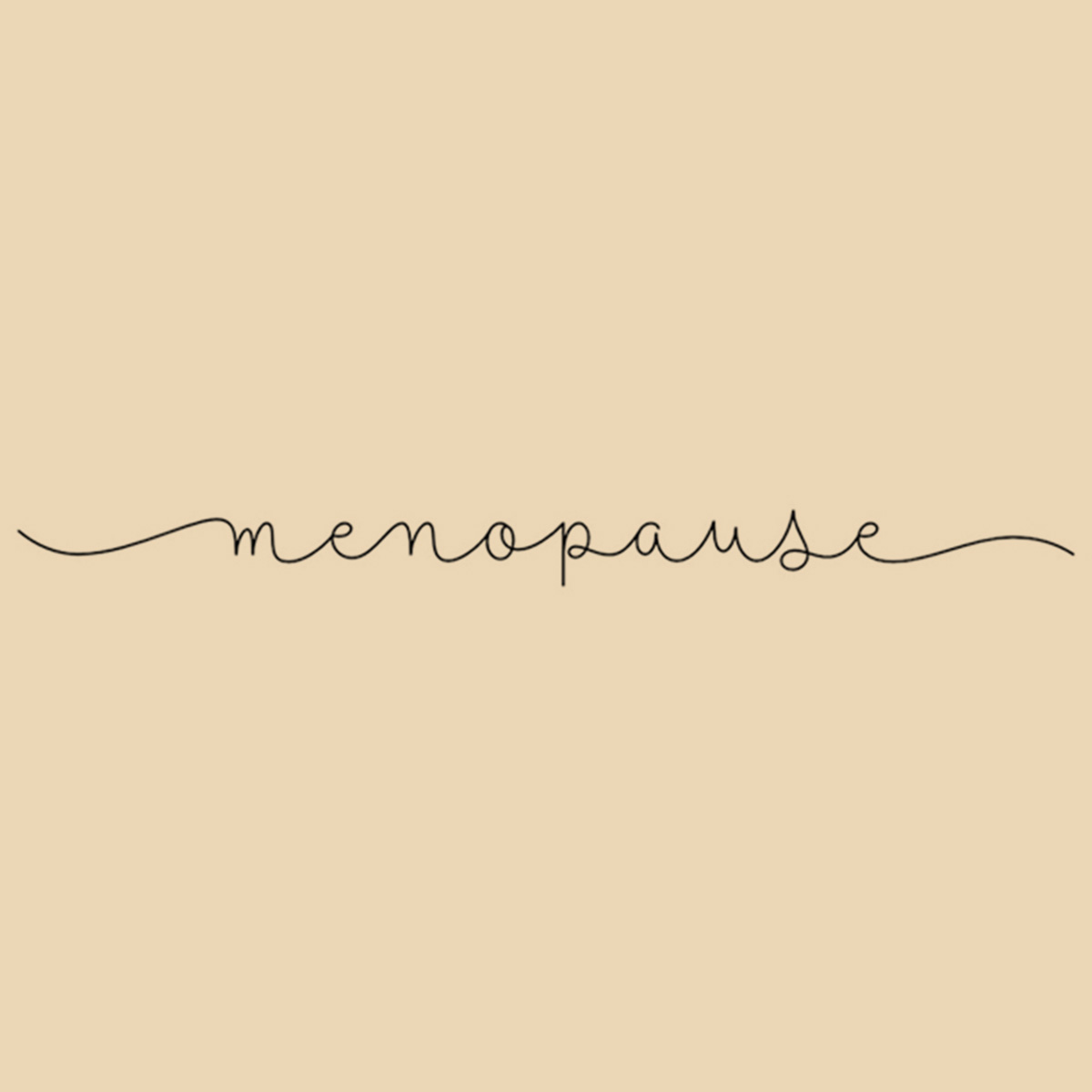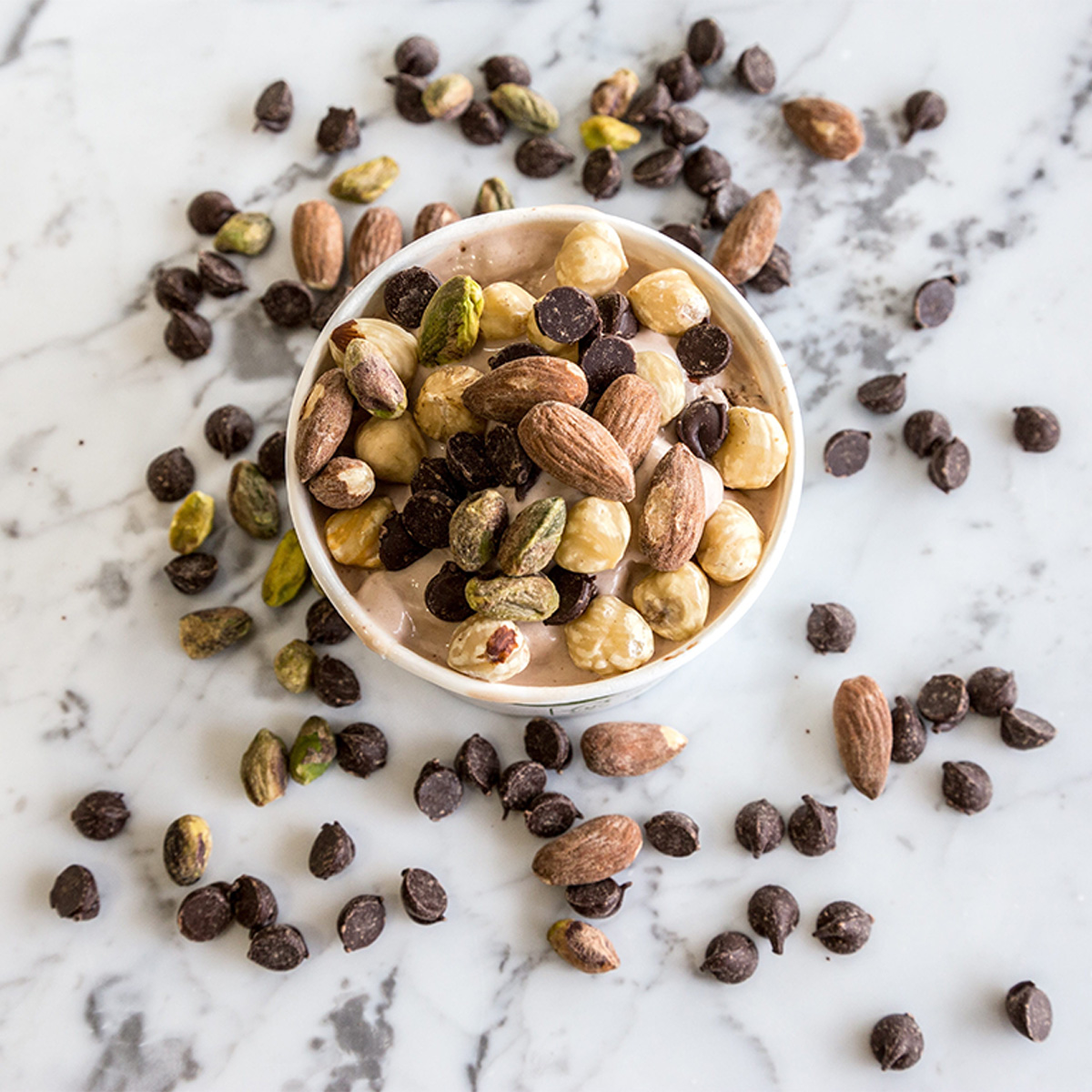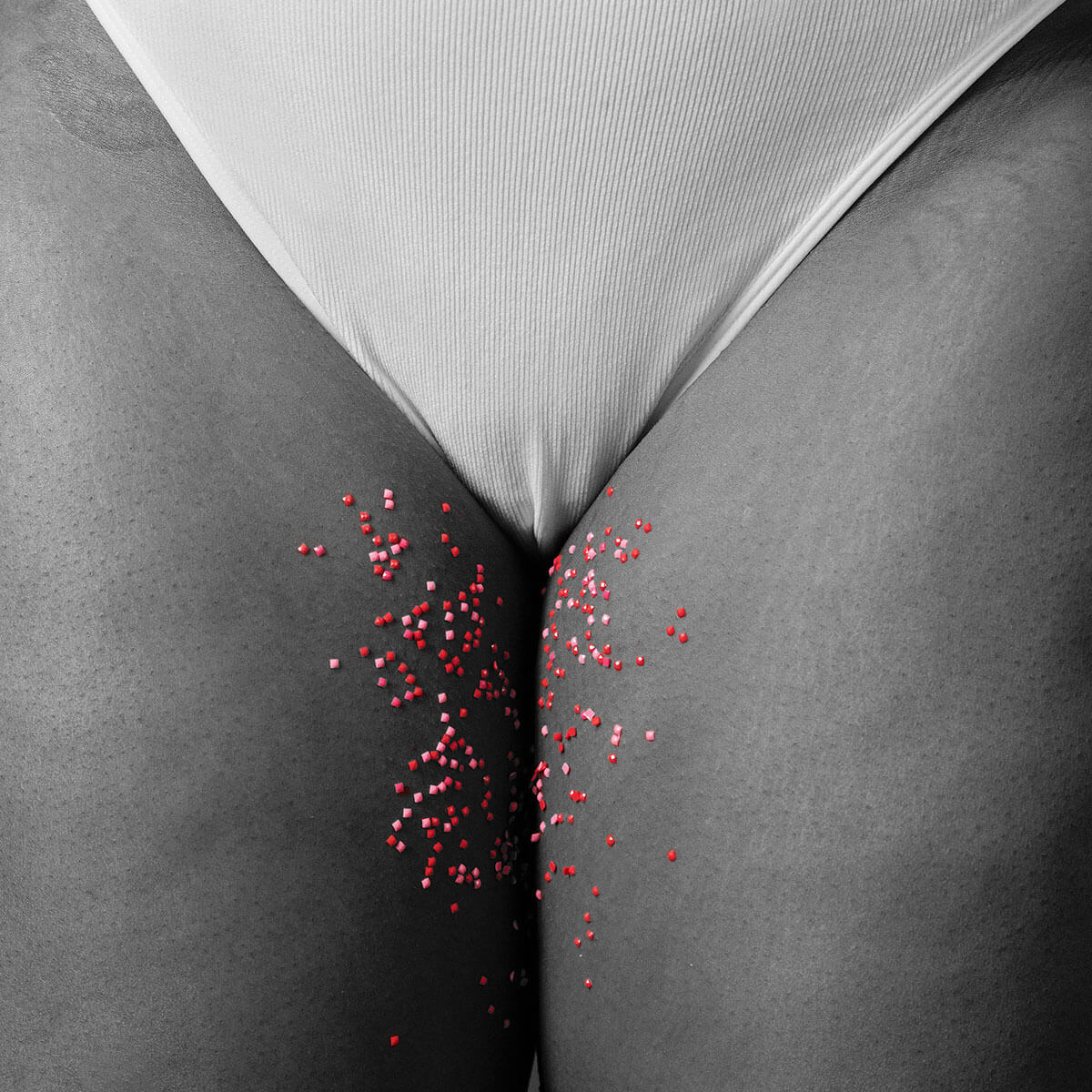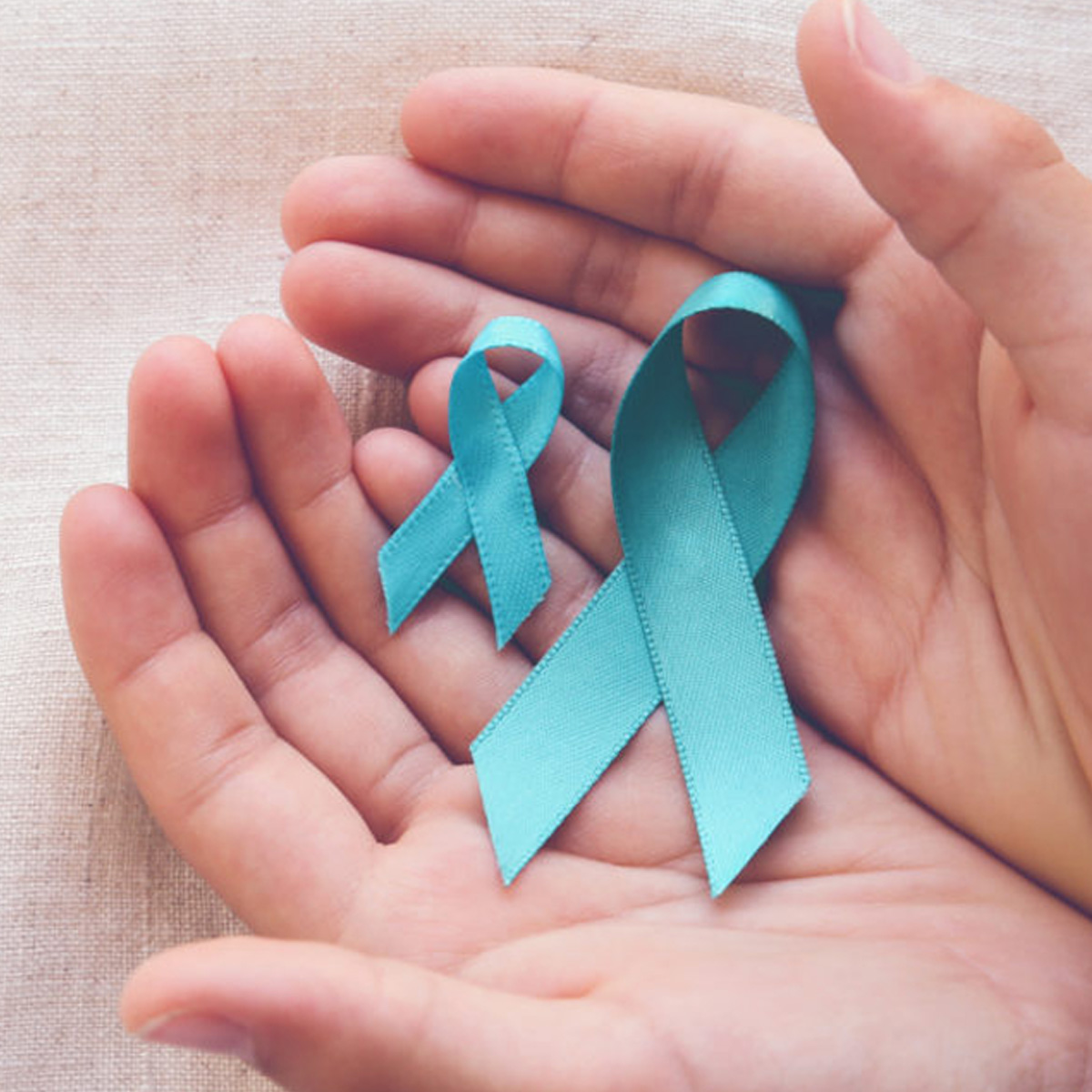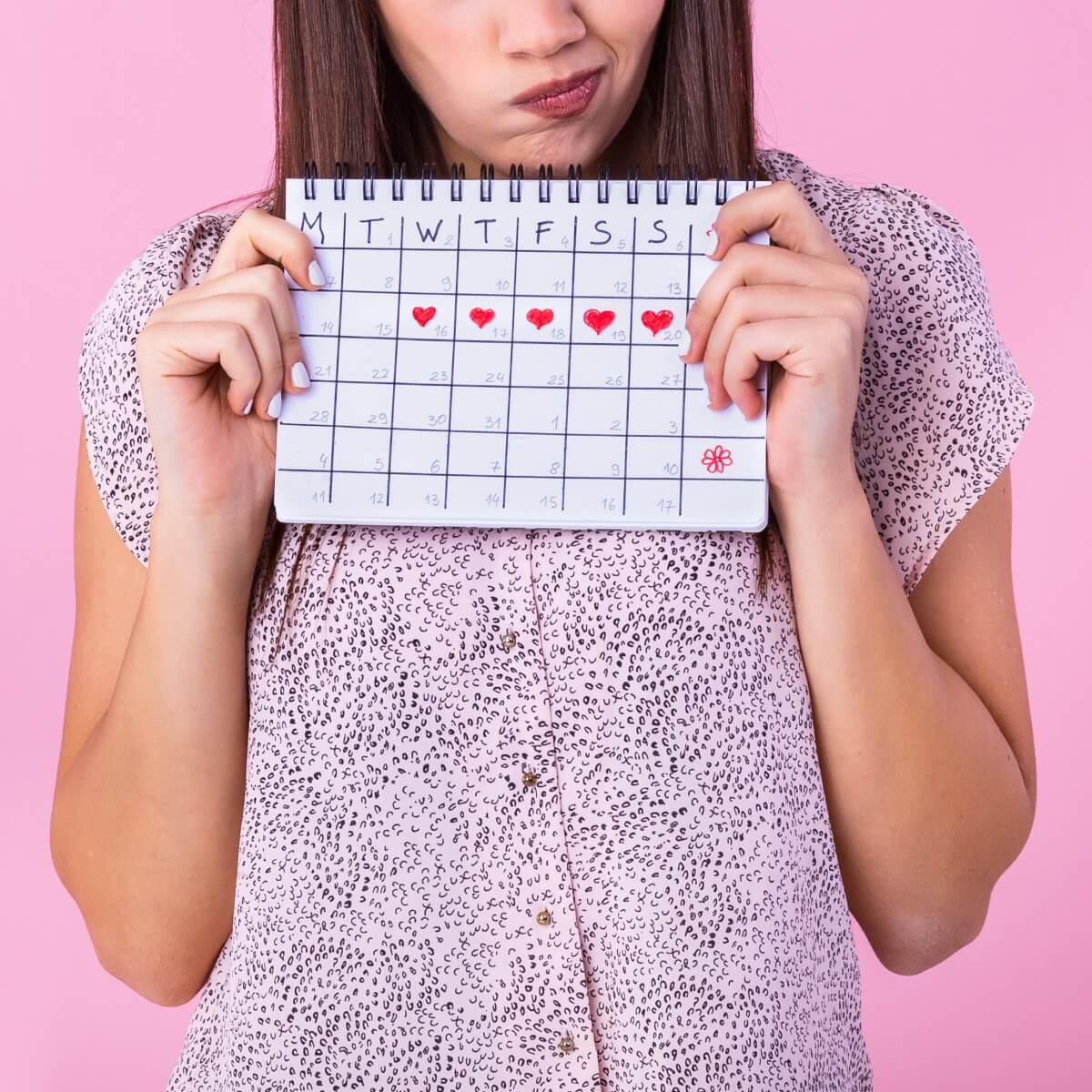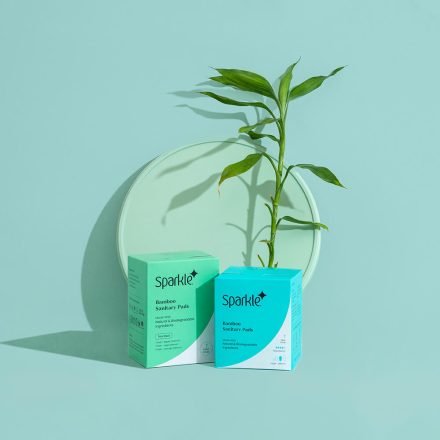After having a regular 28-30 days menstrual cycle for months or even years, if your periods suddenly start fluctuating, don’t panic. Irregular periods may not always be a sign of a problem. There could be a number of mental, physical or psychological reasons for early, late or irregular periods.
Did you know that even if you get your periods every 24 to 34 days, it is still considered a regular menstrual cycle?
Let us walk you through what might cause irregular periods, when it is considered normal and when to see a doctor.
Have you been under too much stress lately?
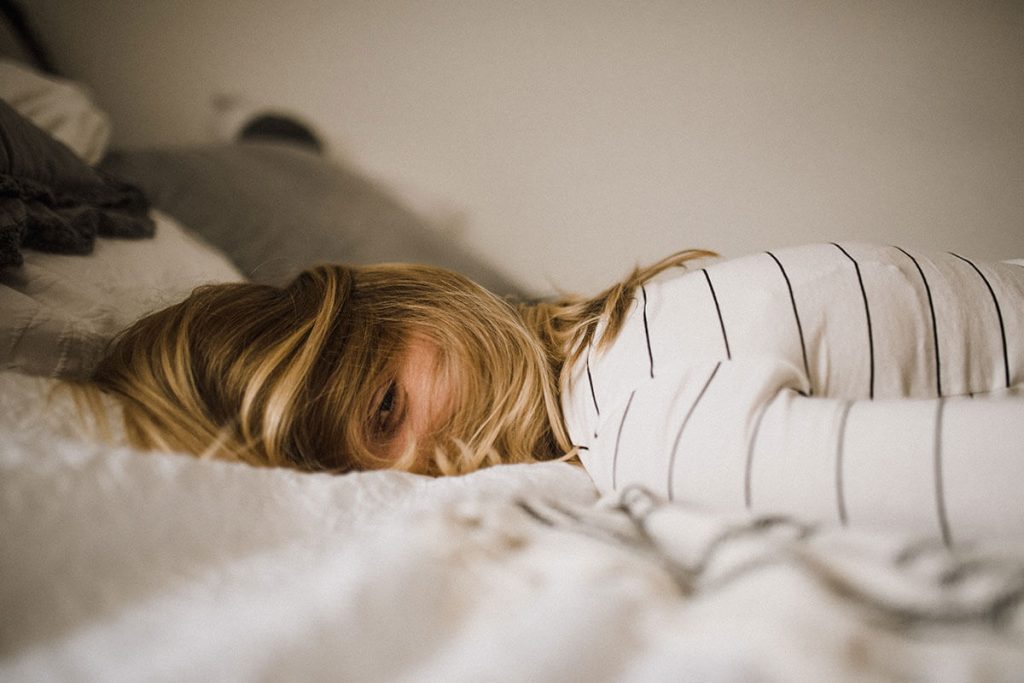
A little bit of worry about meeting a deadline or forgetting a PTA meeting may not necessarily qualify as a stressful situation that could cause irregular periods. However, deep seated worry, constant brooding over unrequited life goals and anxiety can potentially lead to hormone imbalance, which could also result in irregular menstrual cycles.
If stress is driving your life, it’s time to quit the passenger seat and take the wheels of your life in your own hands. Try to pursue therapeutic activities or hobbies that make you happy. Try relaxation techniques that help you sleep better and if you can, find a meditative practice and stick to it: a calm mind results in a calm body.
Do you smoke or drink alcohol?

You must have heard a million times by now that cigarette smoking is awful for your lungs, kidneys and heart. Guess what? It could be just as bad for your period cycle. Research shows that women who smoke experience more severe premenstrual symptoms and have a 50 percent increase in cramps lasting two or more days. Smoking could also cause shorter periods (no, that’s not a good thing) and hasten menopause by one or two more years. Consuming excessive alcohol can also disrupt the menstrual cycle and cause changes in ovulation.
Do you over exercise?
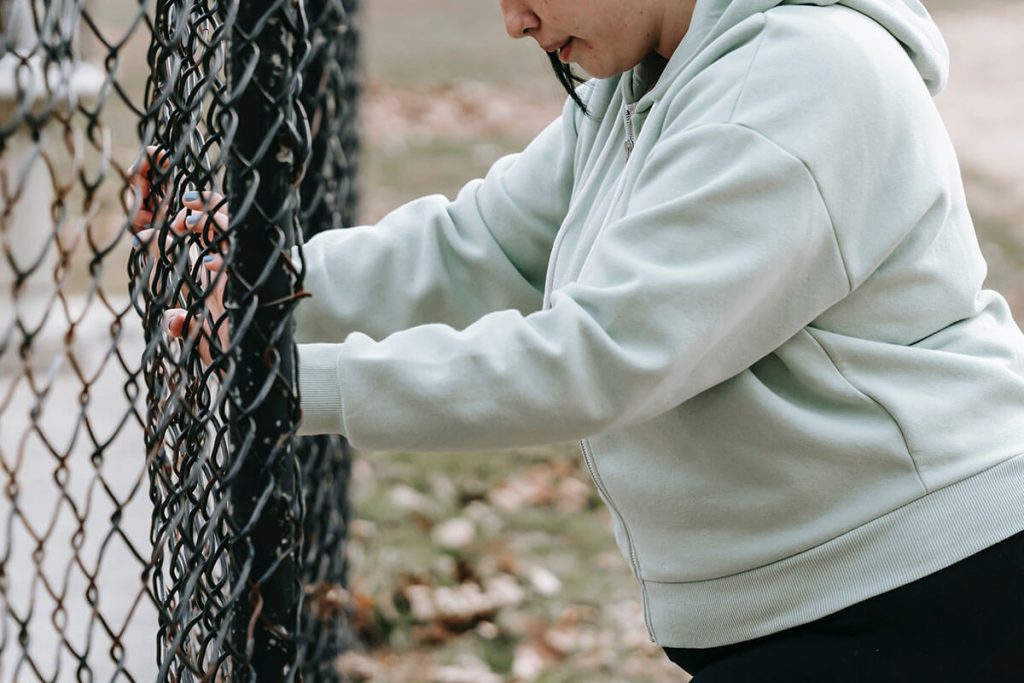
Anything in excess can be harmful for the body. If you are a fitness enthusiast who sometimes over-exercises because it releases endorphins (your happy hormones) or if you are going overboard with your workouts just to fit into your old college jeans, it would be a good idea to take a step back, listen to your body and find a healthy balance.
When your body doesn’t have enough energy to keep your systems humming, it shunts energy away from nonessential functions like reproduction and growth, including bone building. As a result, the hypothalamus slows or stops the release of the hormones that control ovulation.
According to health professionals, if you reduce your calorie intake drastically by 470 to 810 a day compared to baseline needs, over a period of just 3 menstrual cycles it can disturb your regular cycle. So by all means, you should exercise, but make sure you don’t overdo it.
By the way, Yoga is a great way to maintain excellent menstrual health.
Are you pregnant or breast-feeding?
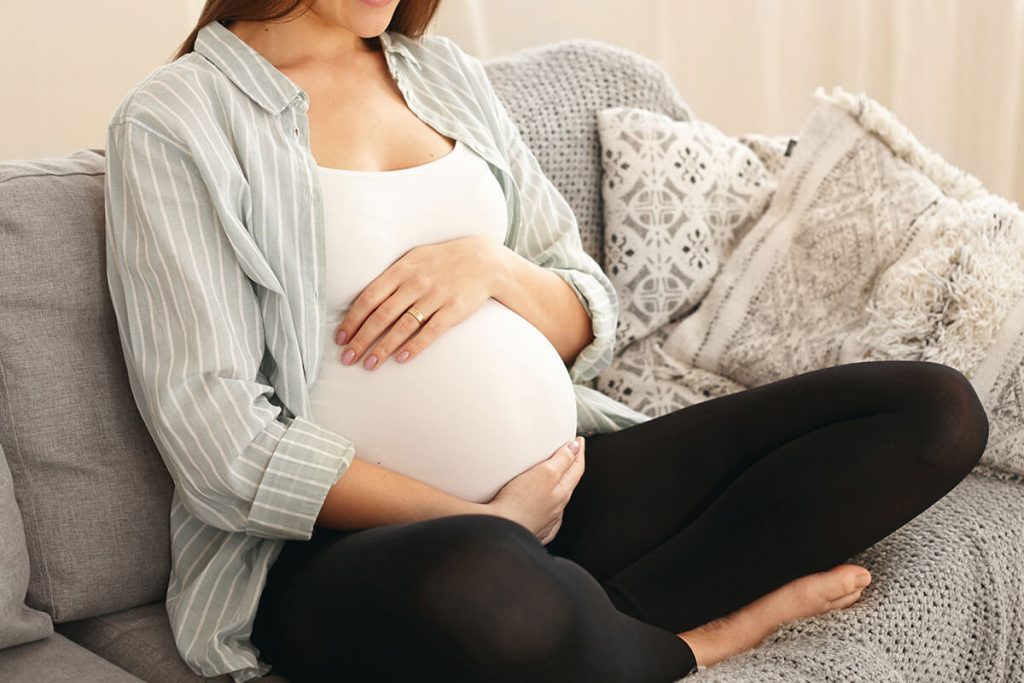
It goes without saying that you will miss your regular periods during pregnancy. And you may have also heard about all the raging hormones that the body experiences during this amazing time of your life. However, the raging continues after birth too. You should also know that breast-feeding typically delays the return of menstruation after pregnancy. So, don’t freak out, just be well informed about the post partum signals of your body.
Could it be Polycystic Ovary Syndrome (PCOS), Premature ovarian failure, Pelvic Inflammatory Disease (PID) or Uterine fibroids?
Don’t panic or jump to conclusions. A missed or late period doesn’t necessarily mean you have all these scary sounding conditions. However, it is always better to be safe than sorry. So if you consistently have irregular periods, notice odd pain or irregularly heavy bleeding or prolonged periods, please visit a healthcare professional. And don’t get anxious until the results come in. Remember anxiety can also impact your menstrual cycles.
Are you crash dieting or simply eating wrong?
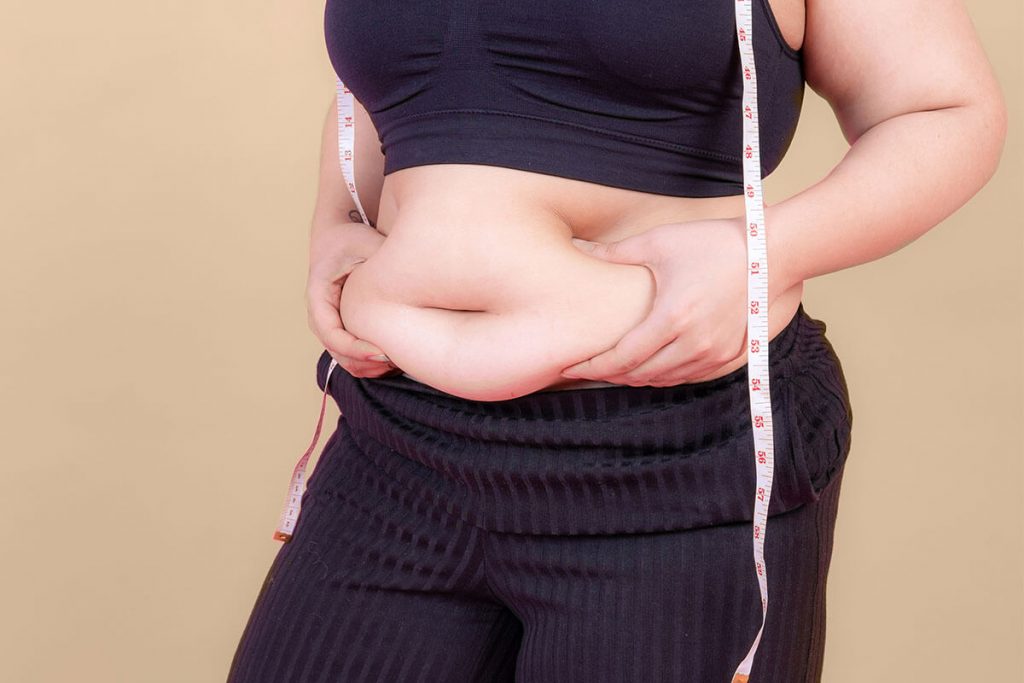
If you have fallen prey to one of those trending dieting fads on the internet or all those ‘lose 5 kilos in 2 weeks’ mumbo-jumbo adverts, remember you are not going to lose weight in a healthy way. If you fall for these gimmicks, you will probably lose bone and muscle mass, nutrients and essential minerals, which could cause irregular periods.
Imbalance in diet means imbalance in hormones which eventually affect your menses. So eat healthy by ensuring your diet includes unrefined carbs, healthy amounts of different proteins, lots of veggies and fruits and plenty of water – it’s just that simple.
If you notice any of the following symptoms it’s always a good idea to consult a doctor:
- Your periods suddenly stop for more than 90 days — and you’re not pregnant
- You bleed for more than seven days
- You bleed more heavily than usual or soak through more than one pad or tampon every hour or two
- Your periods are less than 21 days or more than 35 days apart
- You bleed between periods
- You develop severe pain during your period
- You suddenly get a fever and feel sick after using tampons
So, now that you are better informed, take that calendar and start marking. It is always a good idea to know your body and understand what it is trying to tell you. Don’t panic or jump to conclusions because every woman is different and so are their periods.
